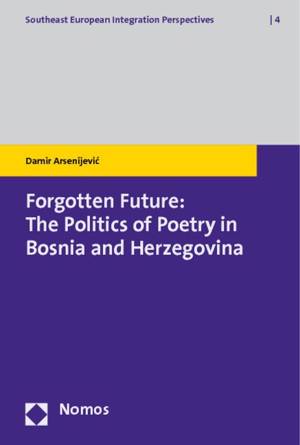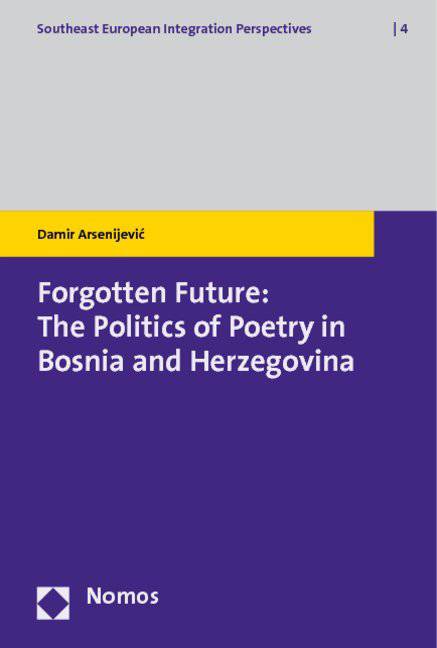
- Afhalen na 1 uur in een winkel met voorraad
- Gratis thuislevering in België vanaf € 30
- Ruim aanbod met 7 miljoen producten
- Afhalen na 1 uur in een winkel met voorraad
- Gratis thuislevering in België vanaf € 30
- Ruim aanbod met 7 miljoen producten
Zoeken
€ 39,45
+ 78 punten
Omschrijving
Forgotten Future documents and critically evaluates contemporary poetry within the dynamic field of cultural production in Bosnia and Herzegovina since the late 1980s. Its context spans three historico-political phases: the cusp on which socialism was already losing its primacy and ethno-nationalism was gaining dominance; the subsequent collapse of Yugoslavia and the ensuing war led by ethno-nationalist elites; and the period of the aftermath of war - the so-called "post-war transition." This new approach to thinking about poetry in Bosnia and Herzegovina focuses on alternative cultural practices, which have articulated a more equitable organization of Bosnian society. Such practices have the capacity not only to tell us how un-free we are, but also to shift the criteria of possibility of our freedom towards a more hopeful politics. Forgotten Future sheds scholarly light on the terror of inequality, the solidarity of unbridled life, relevant knowledge production, and material memories of war and genocide.
Specificaties
Betrokkenen
- Auteur(s):
- Uitgeverij:
Inhoud
- Aantal bladzijden:
- 214
- Taal:
- Engels
- Reeks:
- Reeksnummer:
- nr. 4
Eigenschappen
- Productcode (EAN):
- 9783832957001
- Verschijningsdatum:
- 23/08/2010
- Uitvoering:
- Paperback
- Formaat:
- Trade paperback (VS)
- Afmetingen:
- 155 mm x 14 mm
- Gewicht:
- 311 g

Alleen bij Standaard Boekhandel
+ 78 punten op je klantenkaart van Standaard Boekhandel
Beoordelingen
We publiceren alleen reviews die voldoen aan de voorwaarden voor reviews. Bekijk onze voorwaarden voor reviews.











